How to Treat Itchy Scalp
What Is an Itchy Scalp?
An itchy scalp, medically known as pruritus, is a common condition characterized by persistent irritation and an uncontrollable urge to scratch. While it may seem like a minor inconvenience, it often points to an underlying issue that requires attention.
Why Does It Happen?
The causes of an itchy scalp are as varied as the symptoms themselves. It might result from something as simple as dryness or buildup from hair products, or it could indicate a more serious condition such as a fungal infection or psoriasis. This variety makes proper diagnosis essential to determine the right course of treatment.
A Widespread Problem
Itchy scalp isn’t a one-size-fits-all condition—it can affect anyone, regardless of age or hair type. By understanding its root cause, you’re one step closer to finding relief and preventing further discomfort.
Addressing an itchy scalp starts with knowing its triggers, and that’s why a deeper look at the causes is vital for effective treatment.
Common Symptoms of an Itchy Scalp
An itchy scalp often comes with additional signs that can help identify the underlying cause. Paying attention to these symptoms is the first step toward effective treatment.
1. Flaky Skin (Dandruff)
One of the most recognizable symptoms, dandruff involves white or yellow flakes that shed from the scalp. It can result from dryness, product buildup, or conditions like seborrheic dermatitis.
2. Dryness or Excessive Oiliness
A scalp that feels tight and dry may indicate dehydration or over-cleansing. On the other hand, excessive oiliness could be a response to overactive sebaceous glands or a sign of fungal overgrowth.
3. Redness, Swelling, or Warmth
These signs suggest inflammation, often caused by allergic reactions, infections, or skin conditions like psoriasis. Swelling and warmth may also point to an infection requiring medical attention.
4. Raised, Bumpy, or Scaly Patches
Scaly patches or small raised bumps could signal conditions like eczema, psoriasis, or even fungal infections like ringworm. These patches are often accompanied by intense itching and irritation.
By identifying these symptoms early, you can better understand the potential causes and take action toward a healthier scalp.
Common Causes of an Itchy Scalp
An itchy scalp can result from a variety of conditions or triggers. Identifying the cause is key to selecting the right treatment. Here’s a closer look at the most common culprits:
Understanding these causes can help narrow down the appropriate remedies and prevent future irritation.
1. Dandruff
Caused by an overgrowth of yeast (Malassezia) on the scalp, dandruff leads to flaky, dry skin. It can be triggered by excessive oil production, stress, or even cold weather.
2. Seborrheic Dermatitis
This condition involves inflamed, greasy, and scaly patches due to excess oil production. In infants, it’s called cradle cap.
3. Psoriasis
Characterized by thick, scaly plaques, psoriasis on the scalp can extend beyond the hairline and sometimes to other parts of the body.
4. Eczema
Also known as atopic dermatitis, this condition involves dry, itchy, and inflamed skin. It’s often exacerbated by irritants like harsh shampoos or environmental factors.
5. Tinea Capitis
This fungal infection, also called scalp ringworm, causes red, scaly patches and can lead to hair loss if untreated.
6. Head Lice
Small, parasitic insects that live on the scalp and feed on blood, head lice cause severe itching, especially behind the ears and at the nape of the neck.
7. Allergic Reactions
Hair products, sweat, or environmental factors can trigger allergic contact dermatitis, resulting in redness, itching, and sometimes blistering.
8. Overwashing or Underwashing
Overwashing strips the scalp of natural oils, leading to dryness and irritation, while underwashing can result in oil buildup and clogged follicles, causing itching.
Treatment Options
1. Pyrithione Zinc
- How It Helps: Antimicrobial and antifungal properties help combat dandruff and reduce scalp irritation.
- Products:
- Head & Shoulders Itchy Scalp Care Shampoo
- Dove Dermacare Scalp Soothing Moisture Shampoo
2. Ketoconazole
- How It Helps: An antifungal agent that treats severe dandruff and related conditions like seborrheic dermatitis.
- Products:
- Nizoral A-D Anti-Dandruff Shampoo
- Sebizole Shampoo
3. Coal Tar
- How It Helps: Slows down the production of skin cells on the scalp, reducing flaking and itching.
- Products:
- Neutrogena T/Gel Therapeutic Shampoo
- MG217 Psoriasis Medicated Conditioning Shampoo
4. Tea Tree Oil
- How It Helps: Natural antifungal and antibacterial properties make it ideal for soothing an itchy, dry scalp.
- Products:
- Paul Mitchell Tea Tree Special Shampoo
- OGX Hydrating Tea Tree Mint Shampoo
- DIY: Mix a few drops of tea tree oil with a carrier oil like coconut or jojoba oil. Massage onto the scalp and rinse after 15 minutes.
5. Selenium Sulfide
- How It Helps: Reduces yeast growth on the scalp, a common cause of dandruff and itching.
- Products:
- Selsun Blue Medicated Shampoo
- Head & Shoulders Clinical Strength Shampoo
6. Salicylic Acid
- How It Helps: Exfoliates the scalp, helping to remove flakes and unclog pores.
- Products:
- Neutrogena T/Sal Therapeutic Shampoo
- Kamedis Scalp Lotion
7. Coconut Oil
- How It Helps: Moisturizes and soothes dry, itchy scalp, while its antimicrobial properties fight infections.
- DIY: Warm coconut oil slightly and massage it into the scalp. Leave it overnight or for a few hours, then wash out.
8. Apple Cider Vinegar (ACV)
- How It Helps: Balances the scalp’s pH, reduces fungal growth, and soothes itchiness.
- DIY: Mix equal parts ACV and water. Apply to the scalp after shampooing, leave for 5–10 minutes, and rinse thoroughly.
9. Peppermint Oil
- How It Helps: Provides a cooling effect and boosts circulation, alleviating itching and irritation.
- Products:
- Dr. Bronner’s Peppermint Castile Soap (diluted for scalp use)
- DIY: Mix a few drops with a carrier oil and apply to the scalp.
10. Aloe Vera
- How It Helps: Soothes irritation and provides hydration to a dry scalp.
- DIY: Use pure aloe vera gel directly on the scalp. Leave for 20 minutes and rinse.
11. Rosemary Oil
- How It Helps: Improves scalp health by stimulating circulation and reducing inflammation.
- Products:
- Mielle Rosemary Mint Scalp Oil
- DIY: Mix with a carrier oil and apply to the scalp.
12. Urea
- How It Helps: Hydrates the scalp and gently exfoliates dead skin cells.
- Products:
- Eucerin DermoCapillaire Urea Shampoo
Medications for Treating an Itchy Scalp
1. Corticosteroid Lotions
- Purpose: Reduce inflammation and soothe irritation caused by conditions like eczema, psoriasis, or seborrheic dermatitis.
- How to Use: Apply directly to the affected areas of the scalp as prescribed.
- Important Note: Long-term use may lead to side effects, so follow your doctor’s recommendations.
2. Antifungal Treatments
- Purpose: Address fungal overgrowth linked to dandruff, seborrheic dermatitis, or tinea capitis.
- Forms Available: Shampoos, creams, or oral medications.
- Examples: Ketoconazole shampoo, clotrimazole cream, or oral terbinafine for severe cases.
3. Lice Combs and Chemical Treatments
- Purpose: Eliminate head lice and their eggs (nits), which can cause intense itching.
- Steps:
- Use a fine-toothed lice comb to physically remove lice and nits.
- Apply chemical treatments like permethrin lotion or malathion as directed.
- Tip: Wash bedding, clothing, and brushes to prevent reinfestation.
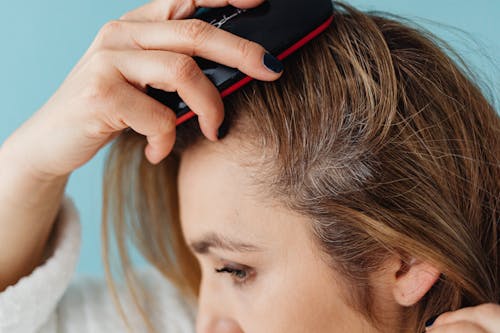
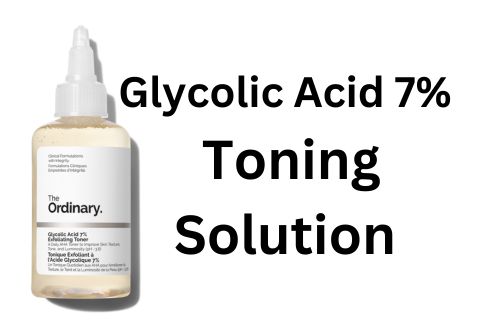
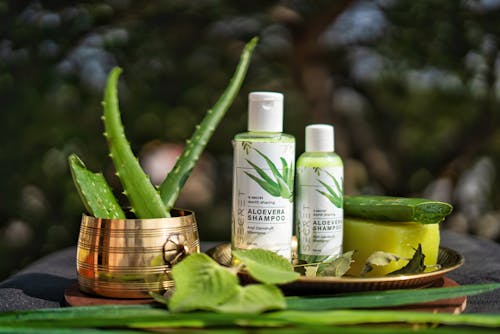
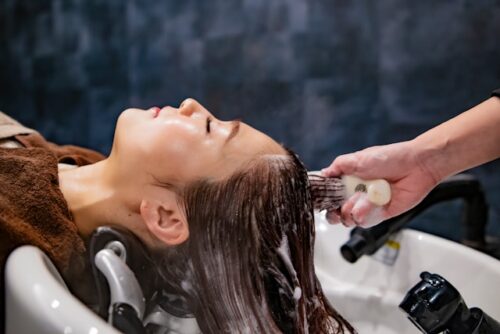
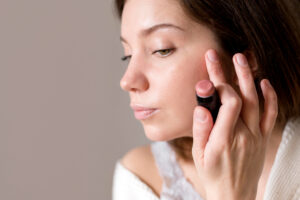
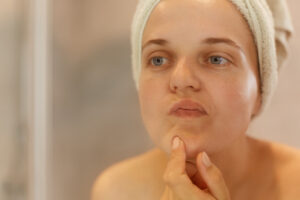
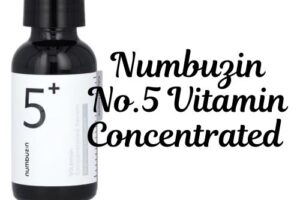
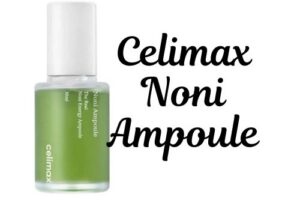
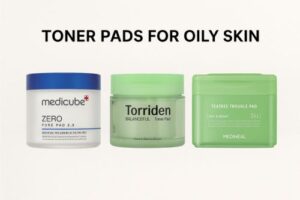

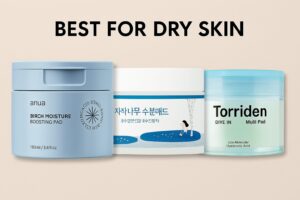

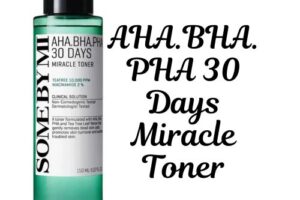

Post Comment